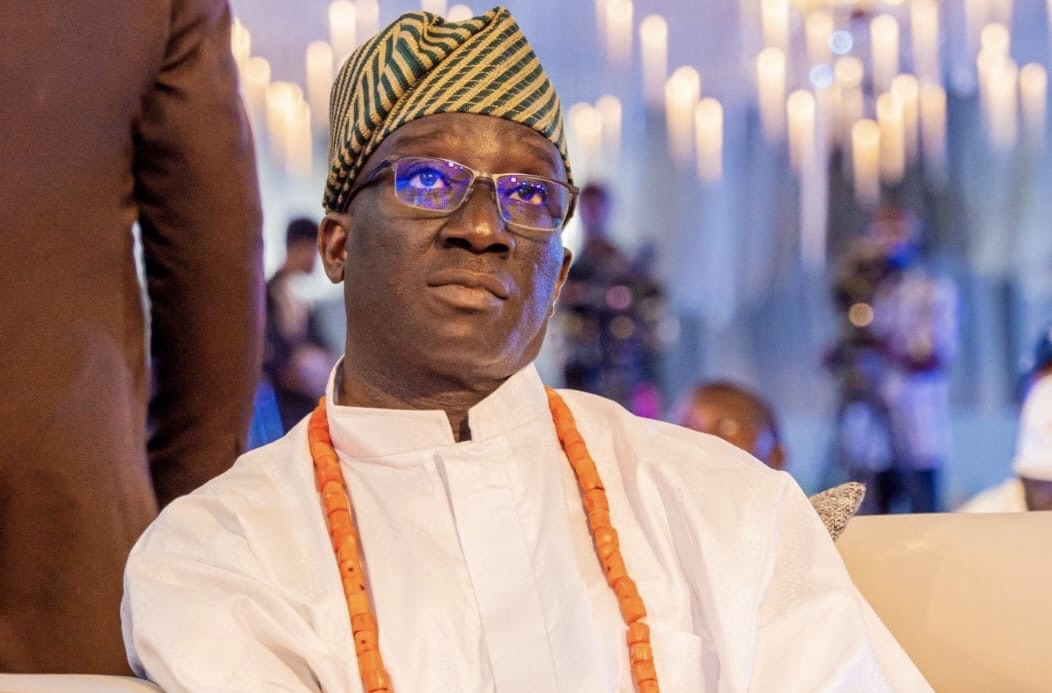The Edo State Governor, Mr. Godwin Obaseki, has said his government is building a resilient health system and putting in place robust public health measures to prevent and mitigate the impact of future epidemics and guarantee the health of every Edo resident.
Obaseki said this in his message to commemorate the 2022 International Day of Epidemic Preparedness marked yearly by the United Nations and its sister agencies.
The governor, who said his administration is undertaking a holistic reform in the healthcare ecosystem to bolster efforts at preventing and mitigating the impact of epidemics, called for increased collaboration among global stakeholders to make bold investments in pandemic preparedness, prevention and response, taking lessons from the outbreak of the Covid-19 pandemic.
“As we join the rest of the world to commemorate this year’s International Day of Epidemic Preparedness, a day set aside to recognize the ongoing global efforts to prevent, detect, and respond to infectious disease outbreaks, we must restate the need to strengthen collaborations to prevent and respond to epidemics and other health crises.
“As we have seen with the COVID-19 pandemic, epidemics have very devastating consequences for individuals, communities, and entire societies. That is why it is so important that we all work together to support each other in preventing and responding to these kinds of health crises.”
He further noted, “As a government, we are undertaking a holistic reform and strengthening our healthcare system to prepare for future epidemics and ensure the health and well-being of our people. We have put in place robust public health measures, such as strengthening our surveillance systems, improving our laboratories, and training our healthcare workers to respond effectively to potential outbreaks.
“It is imperative to identify, however, that this cannot be done in isolation. We need to strengthen partnerships and collaboration to ensure we are able to prevent and respond to these health crises. We are building the capacity of our health systems and would need the support of the global community in terms of sharing knowledge and expertise to respond to epidemics.”
Obaseki added, “While encouraging everyone to do their part in preventing the outbreak and spread of infectious diseases, I want to extend my heartfelt gratitude to all our health workers who are working tirelessly to keep us safe. From healthcare professionals and researchers, to those working in logistics and support roles, we are deeply grateful for your dedication, bravery and commitment to duty.”
According to the UN Secretary General, “COVID-19 will not be the last epidemic or pandemic humanity faces. As a global community, we must heed the harsh lessons of COVID-19 and make bold investments in pandemic preparedness, prevention and response.
“We need better surveillance to detect and monitor viruses with epidemic potential. Our health systems have to be resilient to support universal health coverage needs as well as a health workforce that is well-trained, well-equipped and well-paid.
“We also need equitable access to vaccines, treatments, diagnostics and life-saving technology for all countries.”


